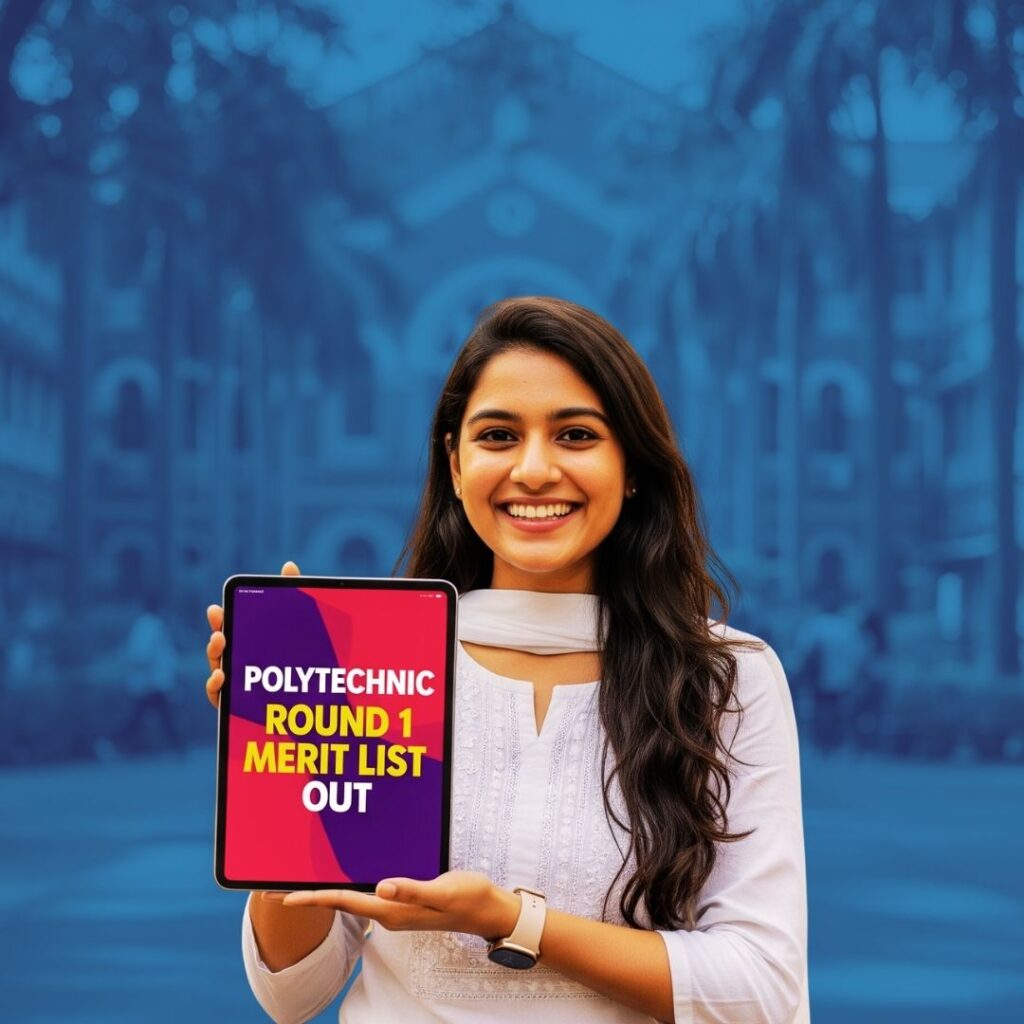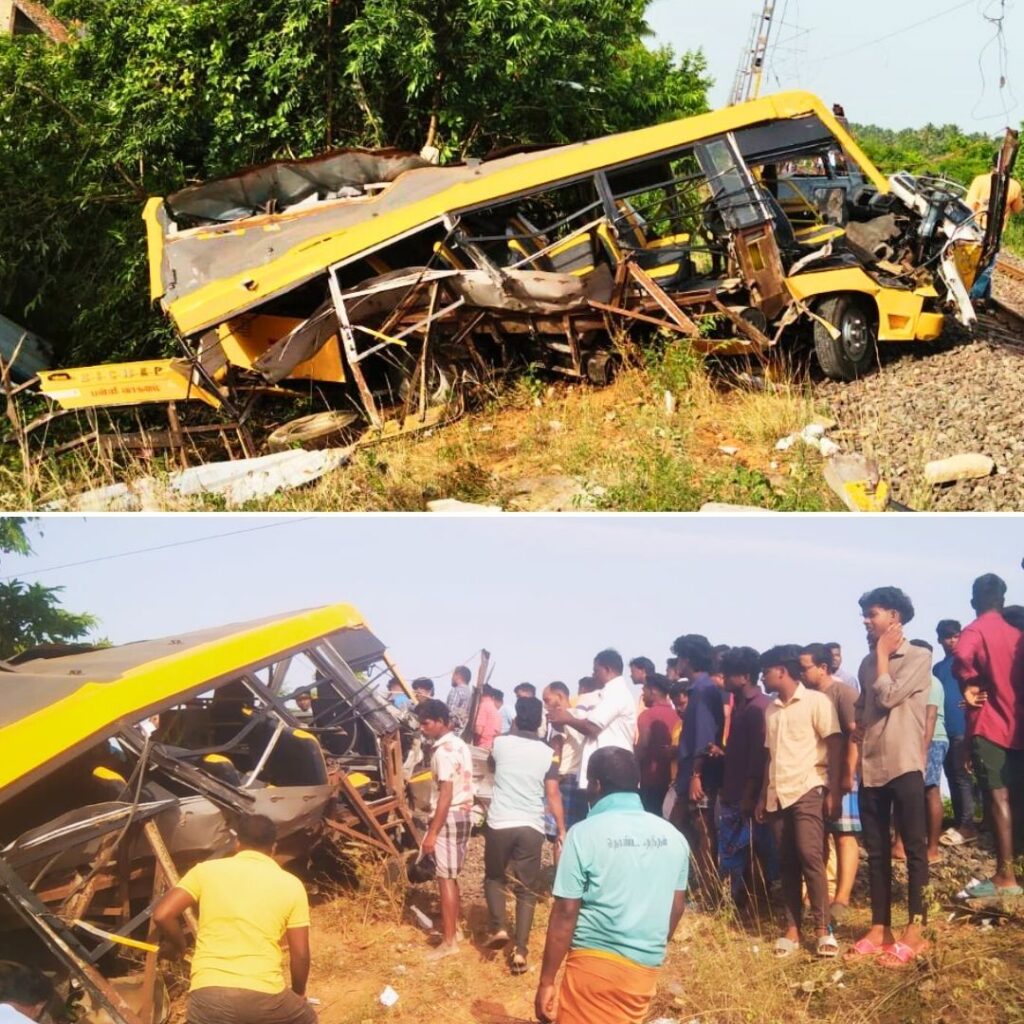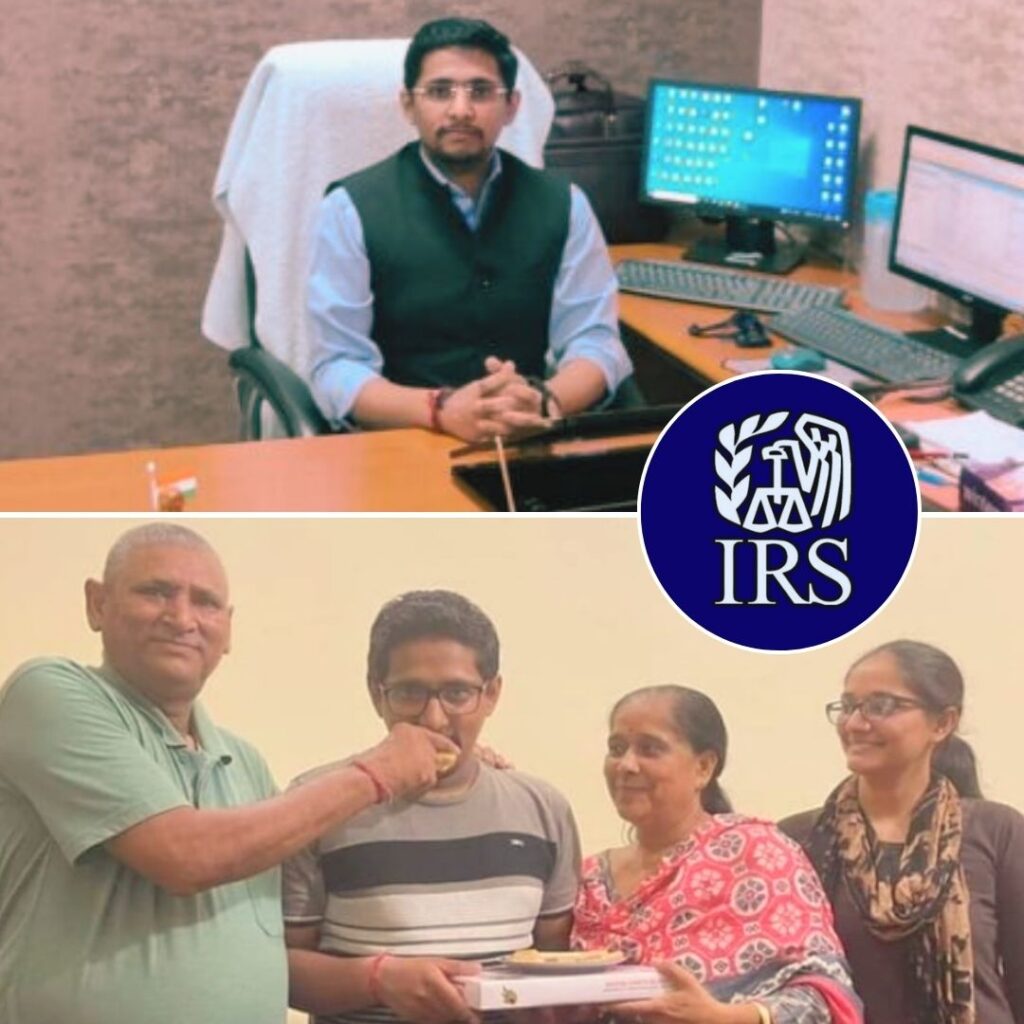We teach girls shame. Close your legs. Cover yourself. We make them feel as though by being born female, they are already guilty of something. So they grow up to be women who silence themselves. They grow up to be women who cannot say what they truly think. They grow up–and this is the worst thing we do to girls–they grow up to be women who turn into women who have turned pretence into an art form. – Chimamanda Adichie
Salma Saifi is 17 years old. She hails from a small village called Ganaur in Haryana, India. She lives with her mother, two brothers, and two sisters. Two years ago, Salma’s father left her mother and their family to be with another woman. The shock shook the family; Salma’s mother fell grievously ill; the Saini children went for days without food. Salma’s mother sought work, but since she is uneducated, she could only work as a hired domestic help at a house nearby. Her younger brother now works at a shoe stall after school and is helping earn for the family. Salma needs to finish all her household chores before she goes to school. She is in the 10th grade now, but people already want to get her married. She is scared and without hope about the future. Worse, she doesn’t know that she has a say!
Salma’s is one of million such stories in India, home to the largest population of adolescents in the world – approximately 243 million! Girls like Salma are in grave danger of losing their childhood and future to issues like early marriage, abuse, early pregnancy, and a life of discrimination and dependency.
According to recent statistics, 70% of girls in India do not graduate class 10. And nearly 50% get married before the legal age of 18. These numbers are mostly of girls from socially and economically disadvantaged backgrounds. They usually hail from rural and tribal areas in India. The lack of awareness about issues of health and hygiene, safety, and inability to understand and negotiate for their rights make for an unsettling passage into adulthood. For a majority of these girls, even their first period was traumatic because they didn’t know what was happening to their body.
VOICE 4 Girls
VOICE 4 Girls works with socially and economically disadvantaged adolescent girls in the Indian states of Andhra Pradesh, Telangana and Uttarakhand, Uttar Pradesh and Haryana. These girls are aged between 11-18 years and attend government or low-cost private schools. Most of them are from low socio-economic backgrounds, Dalit and tribal communities. Their parents usually work as daily wage labourers or are small/ marginal farmers.
At activity-based camps conducted by VOICE, adolescent girls standing at the threshold of adulthood receive vital information about their health, bodies, rights, and the skills to plan and build a future for themselves.
At VOICE Camps, girls learn about
Health: Hygiene, Puberty, menstruation, and reproduction Safety: Mobility, self-protection, identifying and preventing sexual assault, and understanding gender-based violence Rights: Understanding rights under the IPC Future planning: Higher education and careers, creating plans and backup plans Self-awareness: Understanding, accepting and appreciating all aspects of identity, including sex, physical appearance, strengths and limitations Life skills: Leadership, conflict management, negotiation, critical thinking, problem-solving. Spoken English: Confidence to speak, sentence construction, grammar
With these tools, girls have the confidence to gain employment, plan a family and consequently educate their children. They have the opportunity to break out of vicious cycles of economic, social, and gender inequality in their communities. Each girl who is thus empowered creates a ripple effect that echoes through echelons and generations around her.
What the VOICE Campers say
Deeksha, a VOICE Camper from Banda says, “Didi told me about menstruation and the related myths. People say that we should not visit temples, should not touch God, should not enter the kitchen, but these are just myths. I also learned to calculate my period date. I feel like I know my body better now.”
Sadhna Devi, another camper from Amethi says she liked the session on safety. “After the session, I came to know about how we can protect ourselves from any violence. At the very first moment, we have to stop the violence. The three step method taught me to– ‘say NO, RUN, TELL’. I came to know about three types of abuse- physical, mental and Sexual Violence. I learned to differentiate between violence and non-violence. Also, I have learned how to face these situations and about personal space.”
Priyanka Singh, from Jhansi, says “After attending a weeklong camp by Voice 4 Girls, I have come to realise the importance of education and communication skills. I am now prepared to face life’s challenges and lead a life on my terms. I want to be an SP in future and am ready to work hard for the same. I’ve learned that the power …











